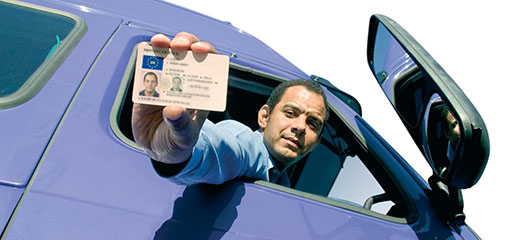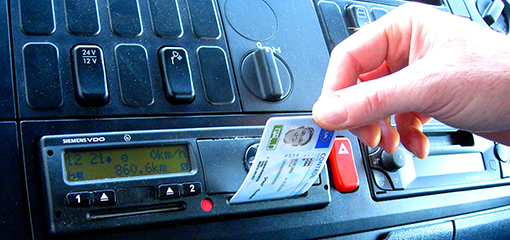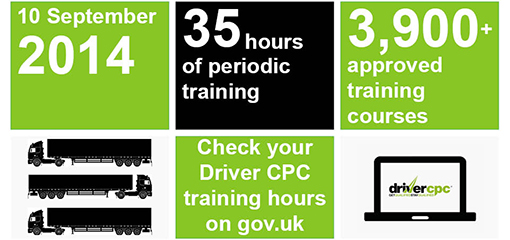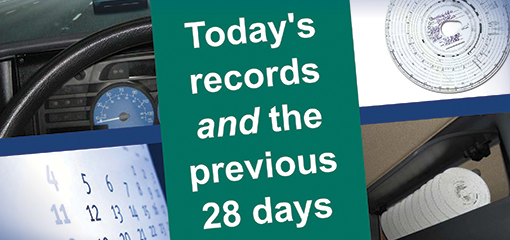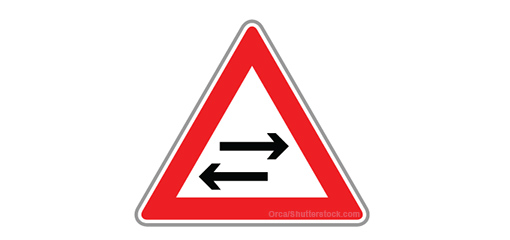Safe driving
Advice and guidance for truck, bus and van drivers.
All professional bus, coach and lorry drivers must have completed their first block of Driver Certificate of Professional Competence (Driver CPC) periodic training by today (10 September) to continue working. Operators and drivers who have not caught up with this deadline must get this sorted out.
From 1 September 2014, we’ll be taking a more robust approach to vehicles with defective fuel systems. It’s not acceptable to contaminate the road surface or to drive a vehicle in such poor condition that a fuel spill is likely.
The European Union's roadworthiness package agrees the minimum standards for the annual test and roadside inspections of all vehicles within the Union. But how will we make those directives a practical reality for commercial vehicles on British roads?
Highways Agency, which manages motorways and major trunk roads in England, seeks your views on what they can do to make winter driving safer for you.
We have seen several recent cases at Public Inquiry where operators have been running vehicles fitted with digital tachographs, but with no idea how to use them. These are usually operators who hold restricted licences, who may not have a transport manager, and so the responsibility to make sure that the rules are followed sits …
Load security has been a hot topic over the past 12 months, mostly because once we started taking a closer look at this during our roadside enforcement checks, it became clear that this was a much larger issue – due to the variety of vehicles, loads, load positioning, securing devices and interpretations of what constitutes …
The Driver Certificate of Professional Competence – or Driver CPC – was introduced in 2008 for those who drive a bus, coach or lorry for a living. Existing lorry drivers were awarded ‘acquired rights’ which took their previous experience into account and allowed until 10 September 2014 before their first block of 35 hours training …
Vehicles which are used in connection with sewerage, flood protection, water, gas and electricity maintenance services may be exempt from the EC drivers’ hours rules.
Drivers must produce records for the date of travel and the previous 28 days. Drivers who have a digital tachograph driver card must carry it at all times – even if they haven’t yet used it.
Professional drivers know the importance of keeping up-to-date with the Highway Code, and modern technology means that it’s easier than ever to do that.
